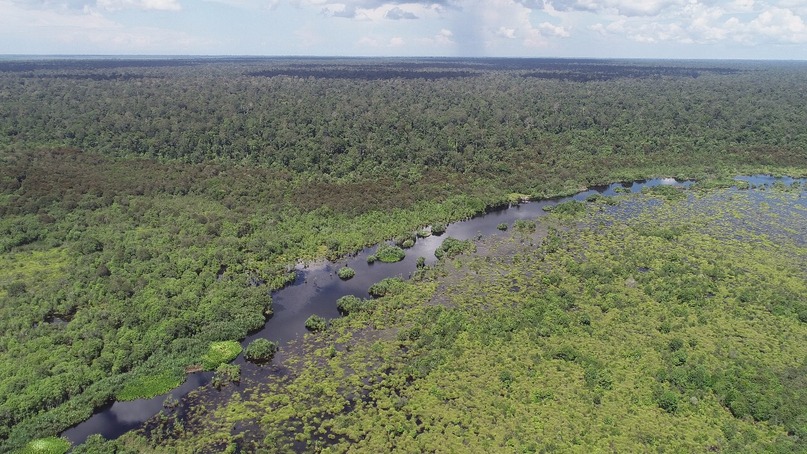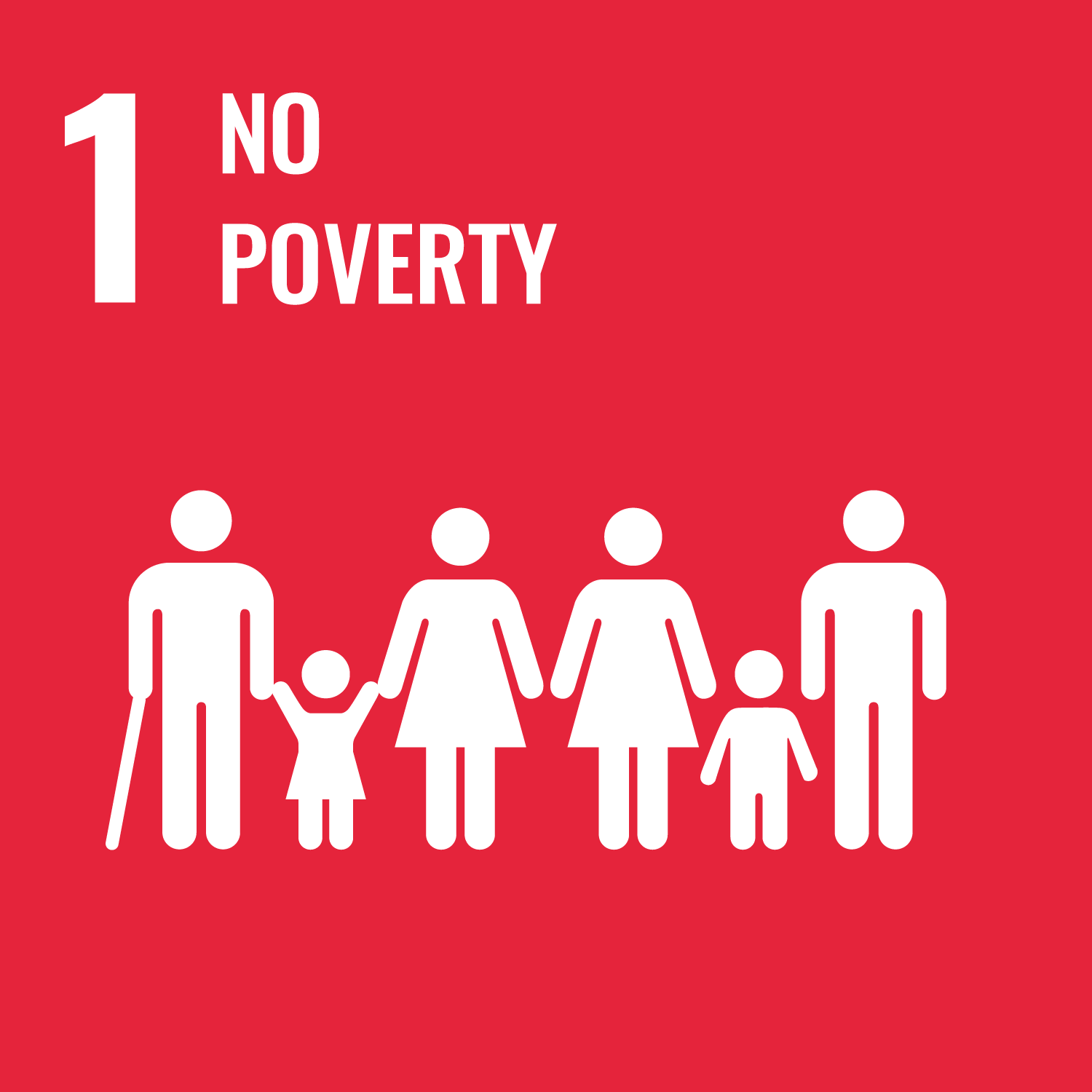International Biodiversity Day—ITTO project in Sumatran biosphere reserve contributes to Global Biodiversity Framework
22 May 2023

A view of the Giam Siak Kecil-Bukit Batu Biosphere Reserve, Riau Province, Sumatra island, Indonesia. Photo: Sunawiruddin Hadi
Yokohama, Japan, 22 May 2023: The ITTO project designed to promote sustainable landscape management in the Giam Siak Kecil-Buit Batu Biosphere Reserve, a 705 000-ha conservation and sustainable use area on the island of Sumatra, Indonesia, held its first steering committee meeting ahead of the International Biodiversity Day, being celebrated today.
ITTO project PD 712/13 Rev.3 (F): “Enhancing the implementation of landscape management of Giam Siak Kecil-Bukit Batu Biosphere Reserve (GSK-BR), in Riau Province of Sumatera Island, Indonesia” is designed to help achieve the management objectives and basic functions of the GSK-BR. It is being funded by the Government of the Republic of Korea, including through the Korea Forest Service.
“We are proud to be working with government and stakeholders in Sumatra to implement this important project,” said ITTO Executive Director Sheam Satkuru. “We believe it will make a strong contribution to the recently agreed Kunming–Montreal Global Biodiversity Framework by both helping conserve the extraordinary biodiversity in the reserve and enabling local communities to improve their livelihoods.”
The GSK-BR is home to important flora and fauna, including the Sumatran elephant and Sumatran tiger. It also contains an enormous store of carbon stocks in the area’s peatlands, estimated at 44.3 million tonnes of CO2-equivalent above ground and 1.71 billion tonnes below ground.
At the opening of the steering committee meeting, Ary Sudijanto, Director General of the project’s implementing agency, the Agency for Standardization of Environment and Forestry Instrument (ASEFI) in the Ministry of Environment and Forestry, emphasized the importance of these carbon stocks in ensuring global climate stability and enabling Indonesia to achieve its Forest and Other Land Use Net Sink 2030 target.
“Conserving the GSK-BR is important for many reasons where maintaining this carbon sink is among the most vital,” he said.
The United Nations Educational, Scientific and Cultural Organization (UNESCO) designated the GSK-BR as a biosphere reserve in 2009. Professor Purwanto, Chair of the Man of and the Biosphere Programme (MAB)-UNESCO Indonesia National Committee, stated it was the first biosphere reserve in Indonesia proposed through a bottom-up process involving diverse stakeholders, from government institutions to local communities. Biosphere reserves embody inclusive approaches to integrating the conservation of biodiversity and sustainable development on a landscape scale, and their management requires integrated strategies and the full engagement of stakeholders.
The landscape of the GSK-BR is divided into a core zone, a buffer zone and a transition zone.
Profesor Purwanto added, “It is also necessary to revitalize the GSK-BR, with a task force needed in each zone even though there have been improvements from the managing institutions."
A recent visit to the reserve by the ITTO project team found that the reserve’s peatland ecosystem is under pressure from land degradation, land conversion and fire, with negative impacts on the provision of ecosystem services and biodiversity.
Mr Sudijanto said the project will work closely with local communities to improve livelihoods in ways consistent with maintaining the integrity of the biosphere reserve. Community leaders have expressed hope that the project will help improve the skills of farmers and their capacity to earn sustainable livelihoods.
The project is also expected to develop management standards for biosphere reserves.
“If these management standards applied are successful, they can be replicated in other places,” said Mr Sudijanto.
Ms Satkuru said the project forms part of the ITTO–Convention on Biological Diversity (CBD) Collaborative Initiative for Tropical Forest Biodiversity, a highly successful partnership between ITTO and the CBD, launched in 2011 and extended to 2025, focusing on supporting ITTO members and CBD parties to advance the Kunming–Montreal Global Biodiversity Framework and the Global Forest Goals. To date, the Initiative has involved 16 projects with a total budget of about USD 13 million in 23 tropical countries. An independent technical review found that these projects achieved “extraordinary success” in improving local livelihoods and forest management, restoring degraded forests and conserving biodiversity.
“ITTO continues to work with diverse partners to achieve its mission,” said Ms Satkuru. “We are grateful to all involved in this Initiative and look forward to working constructively towards successful outcomes for biodiversity and communities.”
ITTO has a long history of working on biodiversity conservation in productive tropical forests. The ITTO/IUCN Guidelines for the Conservation and Sustainable Use of Biodiversity in Tropical Timber Production Forests, published in 2009, sets out principles and actions to maximize biodiversity conservation during management activities. Diverse ITTO projects at the field level have enhanced transboundary biodiversity conservation, including the Emerald Triangle Protected Forest Complex across Cambodia, the Lao People’s Democratic Republic and Thailand; the Betung Kerihun National Park in Indonesia and the Lanjak Entimau Wildlife Sanctuary in Malaysia; and in the Tacaná Volcano region shared by Mexico and Guatemala. ITTO has supported the successful management of more than 10 million hectares of transboundary conservation areas across the three tropical regions and built capacity in biodiversity conservation and transboundary conservation area management worldwide. This vast experience perfectly places ITTO to assist countries in their efforts to reconcile biodiversity conservation with sustainable development.



